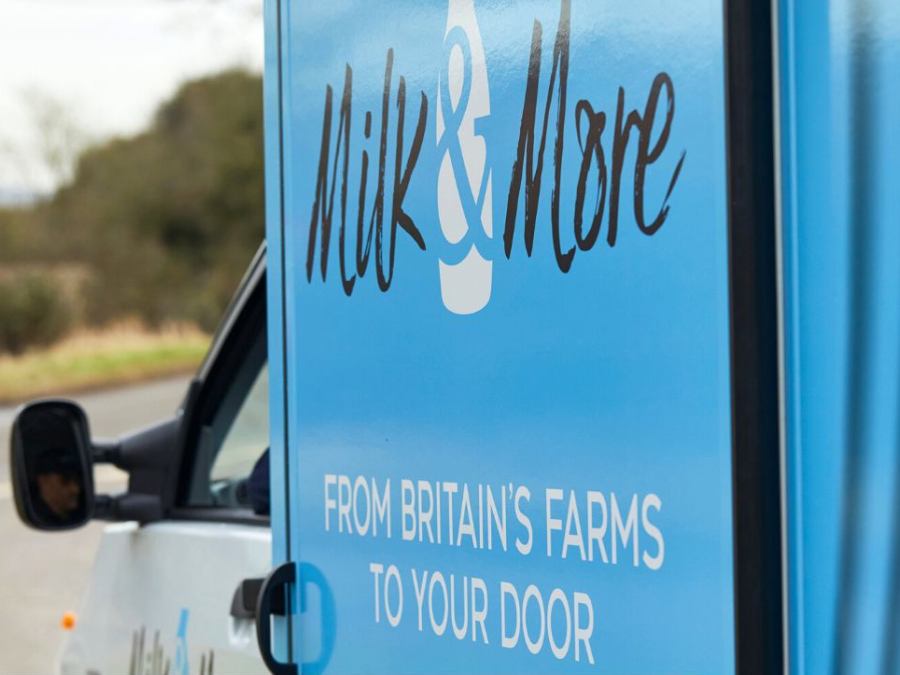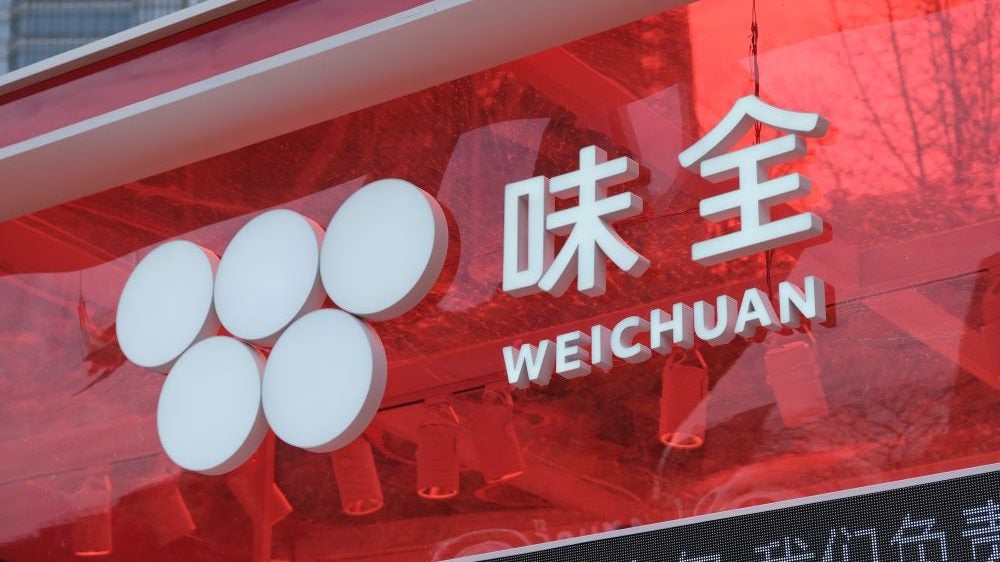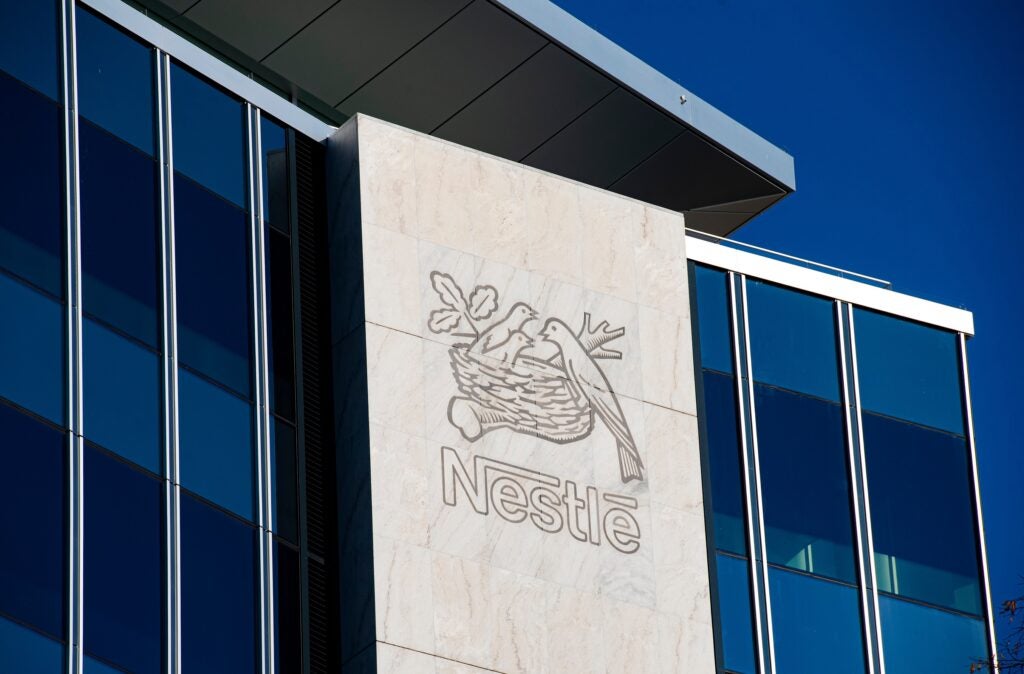Greencore is moving into the second stage of its business plan to rebuild operating profit and margins over a three-year time-frame.
CEO Dalton Philips, who joined the Ireland-based convenience and food-to-go private-label manufacturer in September last year, set a first priority to stabilise the business, an endeavour now achieved.
The second phase – Horizon Two – seeks to return adjusted operating profit to the 2019-era of £105m ($132.6m), Philips told Just Food today (28 November) as London-listed Greencore reported a 5.7% increase in that metric to $76.3m.
“We’re very focused on getting back to that £105m, doing it quickly and we’re essentially saying we’ll do it over the next three years - £82m this year, £92m the year after and £105m in the third year.”
Margin recovery is part of the objective to get back to the 7% area. The adjusted operating profit margin dipped 20 basis points to 4% in fiscal 2023 to 29 September based on revenue of £1.92bn, which was up 10% on a reported basis.
Philips said Horizon Two entails boosting efficiency and adding automation, along with network optimisation. For example, Greencore has seven ERP systems, which will be condensed into one and 350 management roles have been eliminated in the past year.
Continued SKU rationalisation, focusing on items driving volumes, will play a part, along with new product innovation for Greencore, which serves all the major UK retailers, convenience stores and the foodservice channel with items ranging from sandwiches, salads and sushi to ready meals and sauces.
“Horizon Three is about looking at new channels, categories and markets where we can further grow because we really do need to have a growth engine,” he said.
Horizon One was also about inflation cost recovery with Philips now expecting a more moderate rate of 2-3% in fiscal 2024 than the low double-digits of 2023.
Prices of packaging and raw materials are coming down but tomatoes, bacon, milk and glass are still higher year on year, he said.
However, the rise in the UK national living wage poses a headwind that could have implications for further pricing after Greencore noted an 11.3% “benefit from recovery of cost inflation” in fiscal 2023.
“With the national living wage, that’s going to be up to 10%. In our P&L, 25% is labour. That’s going to have to be mitigated,” Philips explained.
“If you take 2-3%, we can’t mitigate all of that. The national living wage is probably going to be £30m alone for us in terms of inflationary headwinds. We’re going to have to have conversations with our retail partners about where that price gets absorbed.”
Greencore’s volumes were relatively muted in 2023, growing 0.5% but Philips said the market fell 2.7%. He envisages a similar level for his business in the new year.
“I’m encouraged by the volumes. Whether or not we see the volumes ever coming back to the levels we’d seen pre-pandemic over the next 24 months, I think is unlikely,” Philips added.
“But we’ll certainly be in that flat-to-positive territory, and will absolutely be beating the overall market, and that’s an absolute yardstick for us.”
Philips discounted the prospect of a longer-term reset in food-to-go given the trend towards hybrid working and fewer days spent in the office. However, he is encouraged by market statistics, which he said show 43% of people are going into the office five days a week, compared to 36% at the same time last year.
“It’s now surpassed hybrid working,” Philips said, adding he is “more confident about mobility” now.
Greencore said food-to-go revenue – sandwiches, salads, sushi and chilled snacks – rose 7.9% to £1.25bn last year and accounted for around 65% of the group total.
Convenience products – chilled ready meals, soups and sauces, pickles and frozen Yorkshire puddings – grew reported revenue by 14.3% to £661.1m.
New private-label products have also been launched in the vegan and “health” segment with “major” retailers, Greencore said, as Philips noted efforts to address the trends in the category.
“All the major retailers have various different sorts of meat-free, meat-substitute products out there. I think it's come off the exuberance that we saw a couple of years ago but it’s still an important and growing part of all retailers offer and, if you don’t have it, you're not in the game.”
















